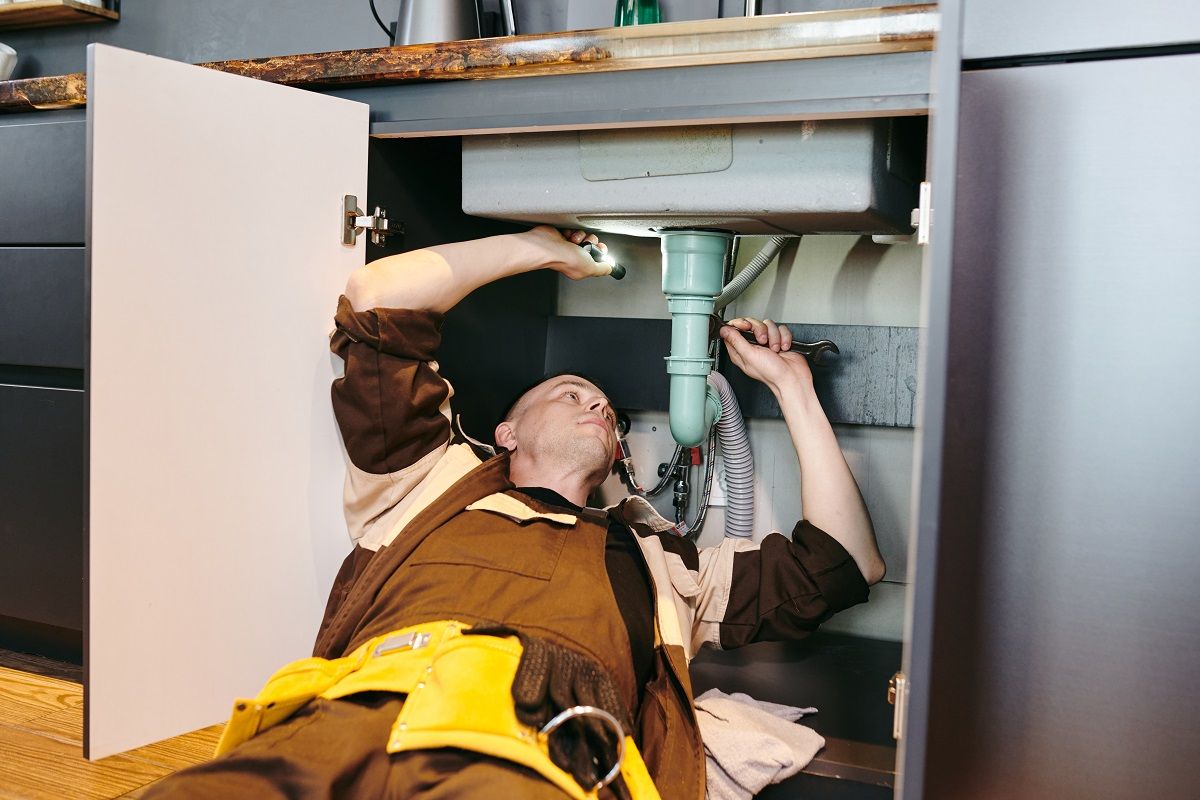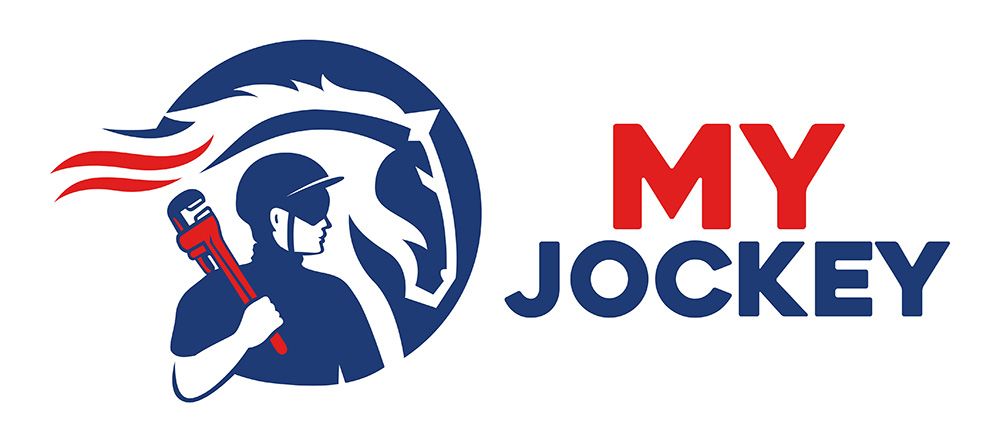
Comprehensive Guide on Preventive Plumbing Maintenance for Saratoga Springs Homes
Jonathan Ching
Plumbing issues can wreak havoc on any homeowner's life, causing disruptions to daily routines and potentially causing severe damage to your home. Regular preventive maintenance of your plumbing system can help you avoid costly repairs, ensure the long-term health of your pipes, and keep your Saratoga Springs home running smoothly. In this comprehensive guide, we will share essential tips, best practices, and professional insights for maintaining your home's plumbing system, preventing common plumbing issues, and addressing minor problems before they escalate into full-blown emergencies.
We will discuss various aspects of preventive plumbing maintenance, including regular inspections, identifying and fixing leaks, maintaining and cleaning drains, and common warning signs of plumbing issues. Moreover, we will delve into essential DIY plumbing maintenance tips, tools, and safety precautions required for handling minor plumbing tasks. Finally, we will provide guidance on selecting the right professional plumber to perform regular maintenance and address complex plumbing problems.
By following the preventive plumbing maintenance strategies outlined in this guide, you can protect your Saratoga Springs home from water damage, prolong the lifespan of your plumbing system, and enjoy a well-functioning and hassle-free household. Stay ahead of potential plumbing disasters by implementing timely preventive measures and interventions to ensure the optimal performance of your home's plumbing components.
Proactively maintain your home's plumbing system with these actionable tips and best practices, and save on costly repairs, water damage, and plumbing emergencies in the long run.
Regular Inspections: The Cornerstone of Preventive Plumbing Maintenance
Conducting regular plumbing inspections is a vital aspect of preventive maintenance. These inspections allow you to identify potential issues, such as leaks, corrosion, or blockages, before they escalate into costly emergencies. Schedule routine check-ups for your plumbing system annually or biannually, based on your home's age and pipe materials. Moreover, consider professional plumbing inspection when buying or remodeling a property to ensure the plumbing system is in optimal condition. Key elements of a thorough plumbing inspection include:
1. Checking for leaks: Inspect visible pipes, fixtures, and appliances for signs of water leaks, mold, or mildew.
2. Examining water pressure: Ensure your home's water pressure is within the recommended range (usually between 40-60 psi) to prevent pipe damage.
3. Assessing drainage: Test the drainage of all sinks, showers, and bathtubs to identify potential blockages or pipe issues.
4. Inspecting water heaters: Check for leaks, corrosion, or sediment buildup in your water heater and assess its efficiency.
Identify and Fix Leaks: Save Water and Avoid Costly Damage
Fixing leaks is essential for preventing water waste and potential damage to your home's internal structure. Minor leaks, if left unattended, can lead to costly repairs, mold growth, and structural damage. Here's how to tackle common household leaks:
1. Faucet leaks: Tighten connections, replace worn-out washers, or consider replacing the faucet if necessary.
2. Toilet leaks: Adjust the float and the flapper or replace the fill valve and flapper if the toilet continues to run after flushing.
3. Leaky pipes: Repair leaks in visible pipes using tape, compound, or appropriate sealant. If the leak is severe or occurs in a concealed pipe, call a professional plumber.
4. Water heaters: Replace the temperature and pressure relief valve or the heating element if your water heater shows signs of leaking.
Maintain and Clean Drains: Prevent Blockages and Enhance Efficiency
Proper drain maintenance is vital for avoiding blockages, foul odors, and slow water drainage. To maintain clean and efficient drains, follow these best practices:
1. Use drain screens: Install drain screens in kitchen and bathroom sinks to catch debris and prevent blockages.
2. Dispose of grease responsibly: Never pour cooking fat, oil, or grease down the drain, as it can harden and cause blockages. Instead, dispose of it in the trash.
3. Perform regular cleaning: Clean your drains regularly using a mixture of hot water, baking soda, and vinegar, or use an enzyme-based drain cleaner.
4. Avoid chemical drain cleaners: Harsh chemical cleaners can damage your pipes and harm the environment. Opt for eco-friendly alternatives instead.
Recognize the Warning Signs of Plumbing Issues
Act upon the early warning signs of plumbing problems to prevent them from escalating into major issues and costly repairs. Common warning signs include:
1. Slow-draining water: Slow draining water in sinks, showers, or bathtubs can indicate a developing blockage.
2. Persistent odors: Foul smells, especially near drains or sewer lines, may signal an issue with your plumbing system.
3. Changes in water pressure: Fluctuations in water pressure may indicate a leak, a damaged pressure regulator, or mineral deposits in your pipes.
4. Discolored water: Reddish-brown water can be a sign of corroded iron pipes, while blue or green water may indicate copper pipe corrosion.
Choose the Right Professional Plumber for Your Maintenance Needs
Hiring a qualified, experienced, and reliable plumber is critical for addressing complex plumbing issues and ensuring the long-term health of your Saratoga Springs home's plumbing system. Consider the following factors when selecting a professional plumber:
1. Licensing and insurance: Ensure the plumber holds a valid license and has comprehensive insurance coverage for your peace of mind.
2. Experience and expertise: Look for a plumber with extensive experience and a proven track record in handling various plumbing issues and maintenance tasks.
3. Recommendations and reviews: Seek recommendations from friends and neighbors, and read online reviews to gauge the plumber's reputation, expertise, and quality of service.
4. Availability and response time: Choose a plumber with a swift response time and 24/7 availability to handle emergencies and urgent repair needs.
Conclusion
A proactive approach to plumbing maintenance can save you from potential disasters, costly repairs, and the inconvenience of plumbing emergencies in your Saratoga Springs home. Regular inspections, leak detection and repair, prudent drain maintenance, and timely action on plumbing issues are crucial preventive measures. Choose a reliable plumber to partner with for regular maintenance and expert guidance on more complex plumbing concerns. Follow this comprehensive guide on preventive plumbing maintenance and enjoy peace of mind, knowing your home's plumbing system is in top condition.
